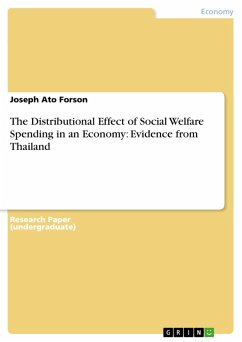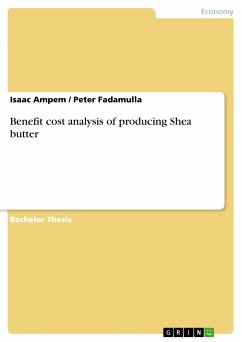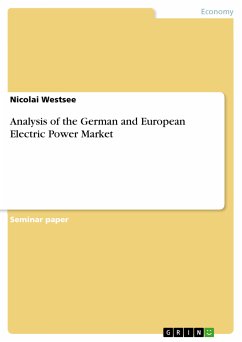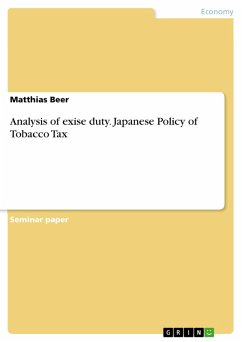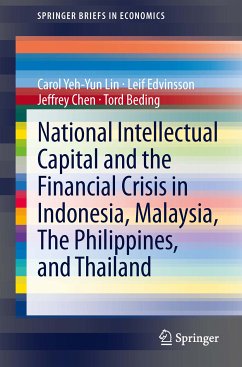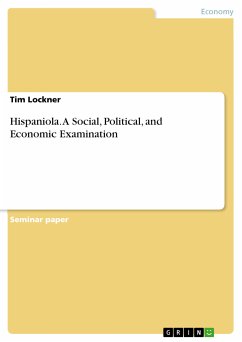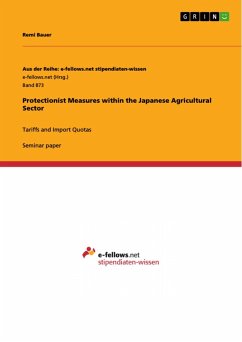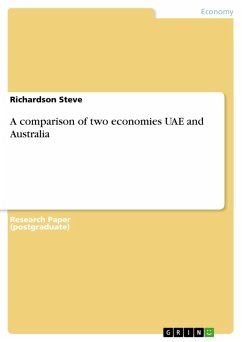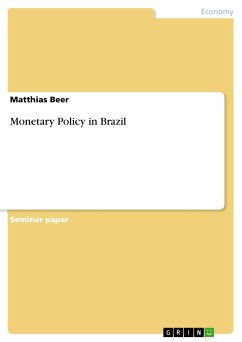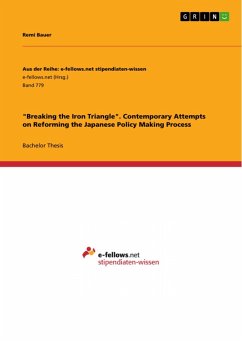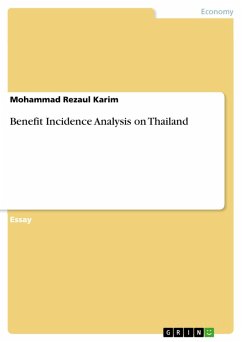
Benefit Incidence Analysis on Thailand (eBook, PDF)
Versandkostenfrei!
Sofort per Download lieferbar
Statt: 27,95 €**
16,99 €
inkl. MwSt. und vom Verlag festgesetzt.
**Preis der gedruckten Ausgabe (Broschiertes Buch)
Alle Infos zum eBook verschenkenWeitere Ausgaben:

PAYBACK Punkte
0 °P sammeln!
Essay from the year 2013 in the subject Economics - Case Scenarios, grade: "none", , course: PhD, language: English, abstract: Abstract: To reduce inequality in income distribution and reduce the poverty social welfare spending in Thailand particularly on education and health services is regarded as one of the effective instruments. Policy makers agree that public subsidies on education and health produce positive externalities and have spill over effect in the society. This research is designed to analyse the effects of public spending of education and health on income distribution which exam...
Essay from the year 2013 in the subject Economics - Case Scenarios, grade: "none", , course: PhD, language: English, abstract: Abstract: To reduce inequality in income distribution and reduce the poverty social welfare spending in Thailand particularly on education and health services is regarded as one of the effective instruments. Policy makers agree that public subsidies on education and health produce positive externalities and have spill over effect in the society. This research is designed to analyse the effects of public spending of education and health on income distribution which examine the pre-expenditure and post-expenditure income distribution in Thailand. It follows the benefit incidence analysis (BIA) that is a method of computing the distribution of public expenditure across different demographic groups, such as women and men. The procedure involves allocating per unit public subsidies (for example, expenditure per student for the education sector) according to individual utilization rates of public services. This paper aims at examine who are the real beneficiaries from the government expenditure. The study uses the quantitative method where data are used of 2010. From the benefit incidence analysis on the public expenditure on education it seems that education system is pro-poor and health care system are not pro-poor rather pro-rich. The poor people can be benefited more from the primary and secondary education and less benefited from the tertiary education. However, overall expenditure on education is favourable to the poor which proves from the income share of household. In this perspective, The Thai government should emphasize on higher education for poor by providing special loan created only for them and universities should also be adopted the policy so that poor income class people can access the opportunity. Government can increase the charge and fees for private higher education where normally rich households send their children. By doing so, government can earn more and spend for poor people. Regarding the healthcare system, Thai government should emphasize on preventive care than curative from which the whole nation will be benefitted. The programmes should be continued and more expenditure should be added to this. Government should charge tax on private healthcare system that will help collect more money and invest for the poor people. Since rich tends to go to the private hospitals, government will take money from the rich and spend for poor people. This process will minimize the income inequality.
Dieser Download kann aus rechtlichen Gründen nur mit Rechnungsadresse in A, B, BG, CY, CZ, D, DK, EW, E, FIN, F, GR, HR, H, IRL, I, LT, L, LR, M, NL, PL, P, R, S, SLO, SK ausgeliefert werden.




